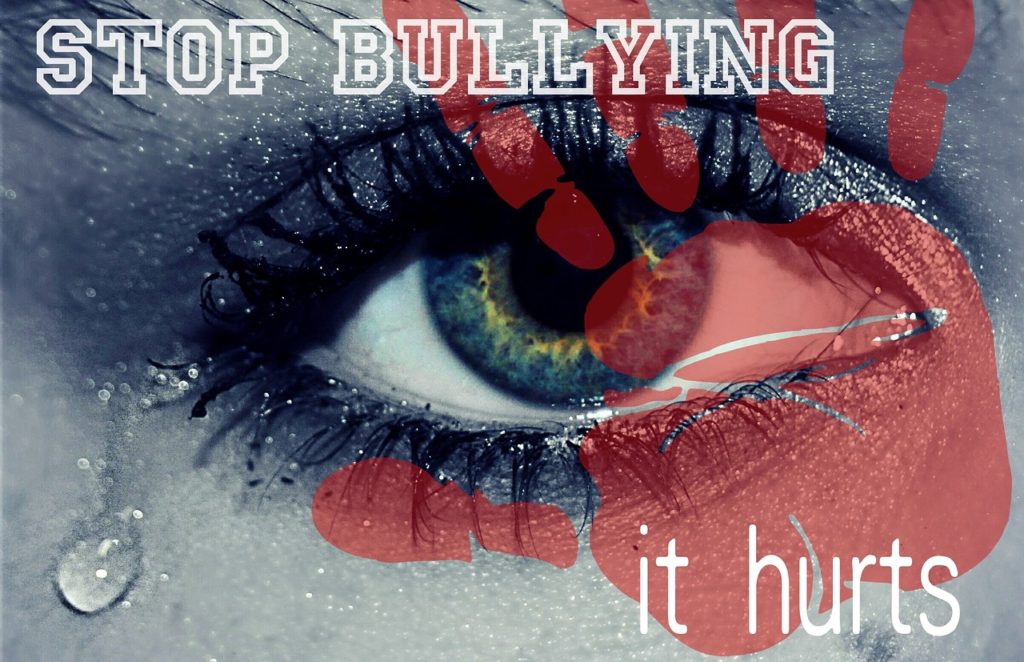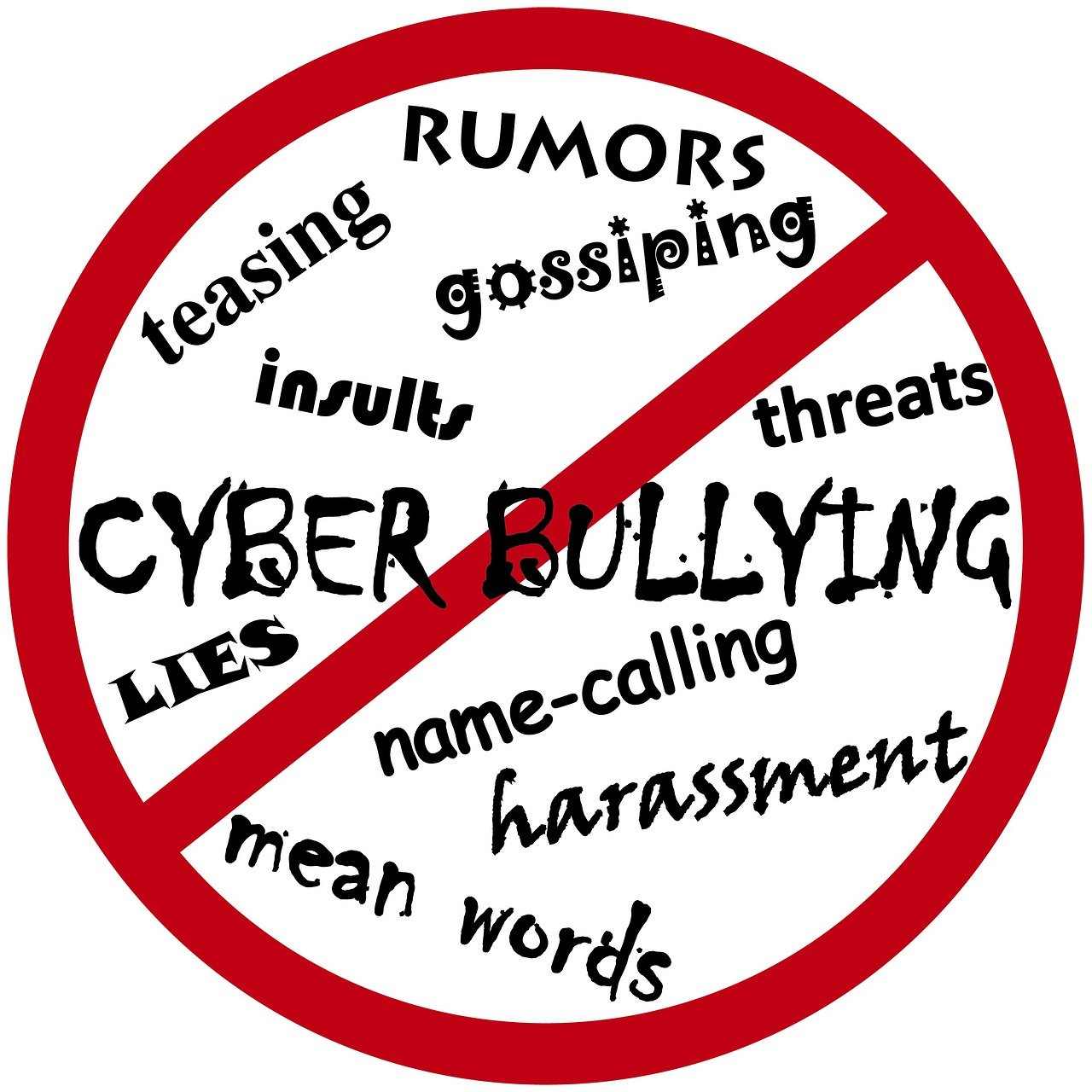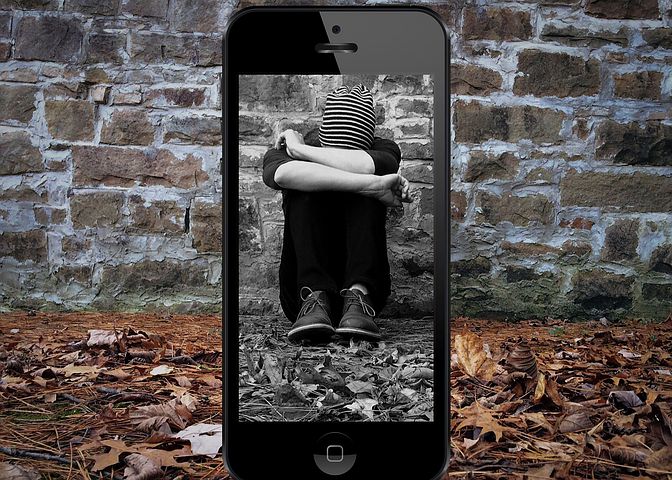Cyber bullying is the use of electronic communication, cell phones, computers & tablets basically all the gadgets parents and schools give the kids which are used to bully a person online, typically by sending messages of an intimidating or threatening nature. Sadly kids may be reluctant to admit to being the victims of cyberbullying as if often occurs from people they know or consider friends.
There is much discussion on what exactly cyber bullying looks like and what is/isn’t acceptable.
What Cyber Bullying Looks Like
- Sending mean texts or IMs to someone.
- Pranking someone’s cell phone.
- Hacking into someone’s gaming or social networking profile.
- Being rude or mean to someone in an online game.
- Spreading secrets or rumours about people online.
- Pretending to be someone else to spread hurtful messages online.
Cyberbullying includes sending, posting, or sharing negative, harmful, false, or mean content about someone else. It can include sharing their personal or private information in order to embarrass or humiliate them and whilst this used to be a middle to high school issue, sadly even primary kids are now at risk. This type of bullying follows you even when you leave the school gates and impacts a child both socially and academically by their reluctance to go to school. Some cyberbullying crosses the line into unlawful or criminal behavior such as sending threats (including death threats) and this should be reported to schools or authorities immediately.
While technology is bringing some amazing benefits to kids these days, it’s also a perfect avenue for cyberbullying. More and more, we see problems with kids bullying other kids via social media. This kind of behavior is mostly seen from other children they know, who, emboldened by the relative safety of not being face to face, say or do horrible things online.
More and more parents are faced with the problems of kids sending insulting or mocking messages, posting personal information about the victim online, posting photos or recordings of the victim without their permission, manipulating photos and posting with the sole intent to hurt humiliate the victim online.
When your child is faced with abusive words and actions on social media every day, it can take a real toll on them, so it’s crucial to explain that this is still bullying, even if it’s in an online message, and that threats, insults, and other such behavior are wrong and must also be reported to a trusted adult.

Being Bullied by Strangers
But the bigger danger doesn’t lie with kids they know, but with strangers they may encounter and interact with online. Trolls and other horrible people who hide behind screens and hurl abuse online are numerous, and unfortunately, they’re usually adults.
Bullying by strangers is even more of a threat to our kids and with the emergence of more and more social media apps this has become one of the biggest threats to young kids. This type of bullying can be insulting or aggressive private messages, threats (including death threats), threats to find out where they live or intent to hurt them, asking for personal information, asking the victim to do inappropriate things, asking the victim for money, etc.
There’s also an added layer of stranger danger, here, where the child can be tricked, groomed, or threatened to offer up sensitive information or illegal photographs and recordings.
When it comes to online interaction, the child must understand that “stranger danger” still applies, just like in real life, and that they should never interact with someone they do not know or can’t verify. If someone ever asks personal questions about them or are in any way abusive, they must tell an adult.

Steps to Take
For bullying to stop, it needs to be identified and reporting it is key.
If you think your child or you are being bullied, the first step is to seek help from someone you trust such as your parents, your child’s teachers, a school counsellor, a favourite teacher, a close family member or another trusted adult.
And if you are not comfortable talking to someone you know, search for a helpline in your country to talk to a professional counsellor.
If the bullying is happening on a social platform, consider blocking the bully and formally reporting their behaviour on the platform itself. Social media companies are obligated to keep their users safe.
Editors Note: If you are worried about your safety or something that has happened to you online, you can seek help by calling your national helpline. If your country does not have a helpline, please urgently speak to an adult you trust or seek professional support from trained and experienced carers. In Bangkok there are many ways you or your child can seek help HERE













